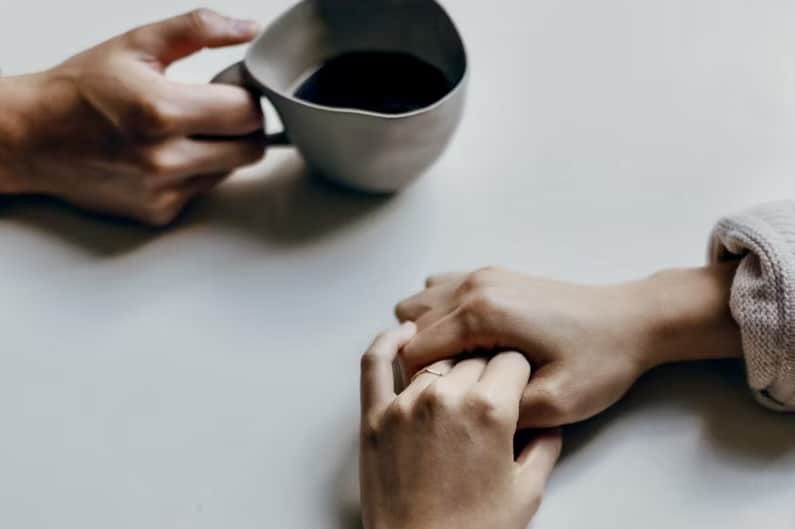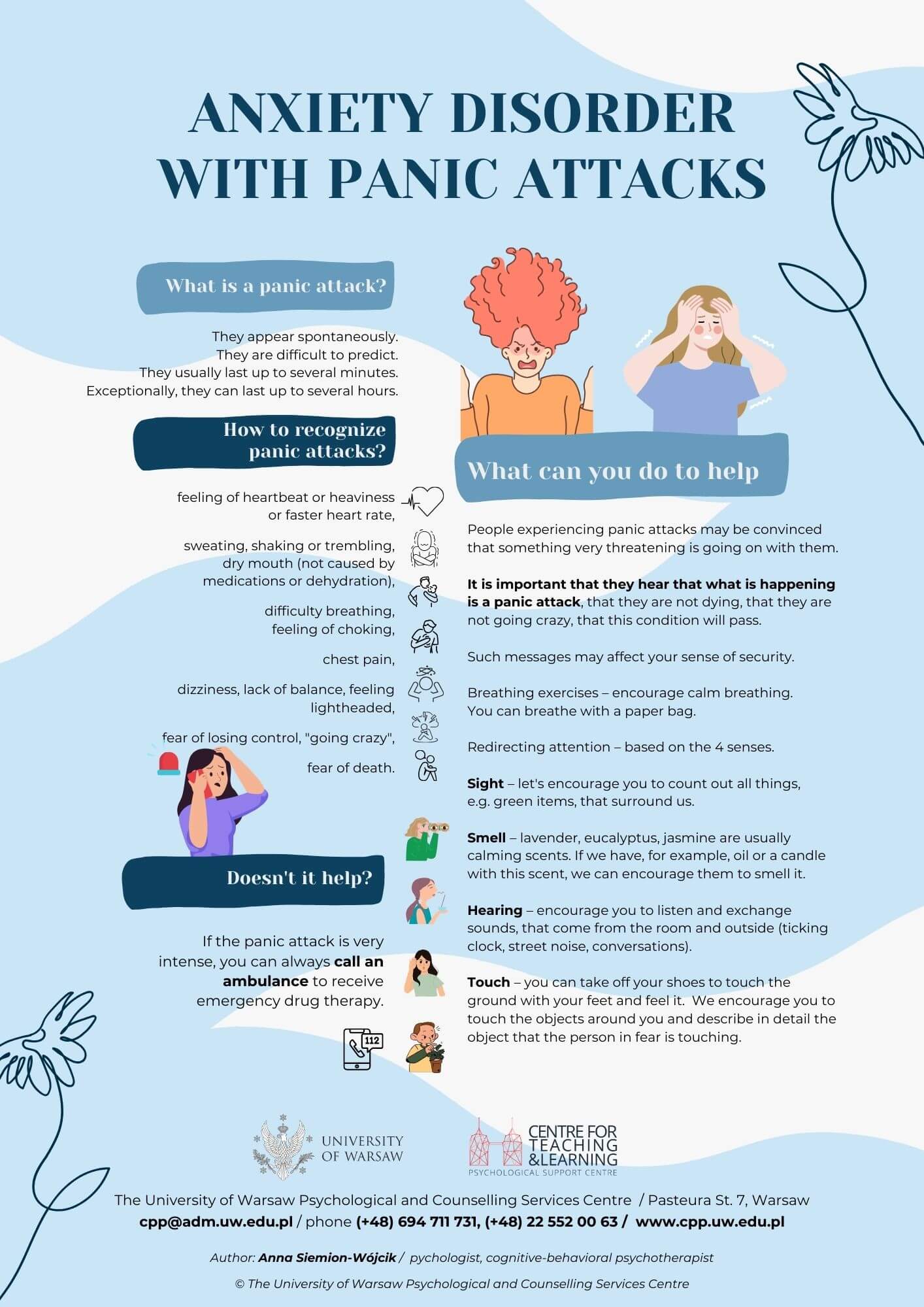Scientifically supported counselling for anxiety with empathetic guidance
Scientifically supported counselling for anxiety with empathetic guidance
Blog Article
Exploring Various Strategies in Therapy for Stress And Anxiety Disorder for Enduring Change
When dealing with anxiousness disorders, it's important to explore a range of therapy methods. Each approach uses distinct insights and devices to help you manage your signs successfully. You may locate that incorporating techniques can produce the ideal results. However, understanding the nuances of these approaches is essential to fostering enduring change. What if the ideal combination could release a brand-new degree of emotional well-being for you?
Recognizing Anxiousness Problems: A Brief Review
Anxiousness disorders, which influence numerous individuals worldwide, can substantially impact everyday life. You may experience frustrating feelings of worry or stress that seem unmanageable. These sensations can bring about physical symptoms like an auto racing heart, sweating, and even dizziness. Common kinds of anxiety conditions include generalized anxiety condition, panic attack, and social stress and anxiety condition. Each has unique signs, yet they all share a propensity to disrupt your regular and relationships.Understanding the origin of your anxiety is vital. It could come from genetics, brain chemistry, or life experiences. Identifying your triggers can assist you manage your reactions better. It's crucial to keep in mind that you're not alone in this struggle. Several individuals deal with similar difficulties, and seeking assistance is a solid step towards sensation better. By learning more about stress and anxiety conditions, you're currently on the course to understanding and handling your problem better.
Cognitive-Behavioral Therapy: Testing Negative Thought Patterns
In Cognitive-Behavioral Therapy, you'll begin by determining the adverse thought sets off that contribute to your anxiousness. You'll work on changing them with more favorable choices once you recognize these thoughts. Together, you'll build reliable coping techniques to help manage your stress and anxiety in daily situations.
Identifying Adverse Idea Triggers

When you come across minutes of distress, identifying the details triggers behind your adverse thoughts can be necessary in managing anxiety. Start by focusing on scenarios that prompt feelings of concern or anxiety. Is it a crowded area, an approaching target date, or a conversation with particular people? Write down these instances in a journal. This will certainly help you recognize patterns in your thinking. Notice physical experiences that accompany your unfavorable ideas, like a racing heart or tightness in your chest. By determining these triggers, you acquire insight into what's sustaining your anxiousness. Understanding these links is the very first step in testing those ideas and ultimately regaining control over your psychological actions.
Changing Thoughts With Positives
Challenging unfavorable idea patterns is an essential step in changing your frame of mind and lowering anxiety. You might often find on your own entraped in cycles of self-doubt or disastrous thinking. Rather than letting these thoughts determine your sensations, practice replacing them with sensible choices or positive affirmations. When you assume, "I can not handle this," change it to, "I can take care of obstacles one action at a time." This simple change can considerably impact your mood. Consistently recognizing and countering these negative ideas helps produce a healthier interior discussion. Remember, it takes time and initiative, yet continually exercising this method can lead to long lasting modification, encouraging you to deal with anxiety with restored confidence and resilience.
Structure Coping Strategies Together
Changing unfavorable ideas is just the beginning of taking care of anxiety efficiently. To create lasting adjustment, you need to build coping techniques that empower you. Cognitive-Behavioral Treatment (CBT) aids you determine and test those unhelpful idea patterns. With each other, you and your counselor can explore exactly how these thoughts influence your sensations and behaviors.Start by establishing practical techniques, like journaling or mindfulness workouts, that permit you to confront anxiety head-on. When you encounter your worries slowly, you'll discover to react differently.

Mindfulness and Acceptance-Based Approaches: Cultivating Present-Moment Recognition
As you browse the intricacies of stress and anxiety, incorporating mindfulness and acceptance-based techniques can considerably enhance your capacity to cultivate present-moment recognition. By concentrating on the below and currently, you'll find that you can observe your ideas and sensations without judgment (Counseling services for anxiety). This method helps you recognize your anxiousness without feeling overwhelmed by it.Engaging in mindfulness exercises, such as deep breathing, body scans, or guided reflections, enables you to ground yourself in your existing experience. Acceptance-based strategies motivate you to embrace your feelings as opposed to deal with against them. They lose their power over you.Incorporating these practices into your daily regimen can transform exactly how you respond to anxiety when you approve your sensations. You'll create resilience and discover to browse stressful situations with greater simplicity. Ultimately, growing present-moment recognition lays the foundation for enduring adjustment, encouraging you to lead a more fulfilling life
Exposure Therapy: Facing Fears Gradually
Direct exposure treatment helps you challenge your anxieties in a progressive method, making it much less frustrating. You'll find out methods to face anxiety-provoking situations action by step, while additionally constructing coping techniques to handle your reactions. This approach empowers you to take control and lower stress and anxiety gradually.
Steady Exposure Strategies

When dealing with stress and anxiety, slowly confronting your worries can be a powerful method to regain control. This method, referred to as steady exposure, includes slowly revealing yourself to the situations or objects that trigger your anxiety. Begin with much less challenging circumstances and gradually function your way as this contact form much as even more challenging ones. If you're worried of public speaking, you might begin by talking in front of a mirror, then advance to sharing thoughts with a pal, and eventually address a tiny team. Each step aids desensitize you to the fear, developing your self-confidence in time. Keep in mind, it's essential to pace on your own and celebrate small success as you relocate through this procedure, strengthening your capacity to handle anxiety properly.
Building Coping Strategies
Building reliable coping methods is important for taking care of anxiety, specifically as you confront your worries progressively - Counseling services for anxiety. One effective approach is exposure treatment, where you begin by facing your concerns in a controlled manner. Begin with much less daunting scenarios and gradually work your method up to even more challenging situations. This gradual direct exposure assists desensitize you to anxiousness sets off, making them much less overwhelming.Incorporate leisure strategies, such as deep breathing or mindfulness, to soothe your mind during exposure. Track your progression, celebrating small victories along the way to improve your self-confidence. Remember, it's all right to take your time; the goal isn't perfection but steady improvement. By constructing these approaches, you'll encourage on your own to browse anxiousness and embrace life a lot more fully
Psychodynamic Treatment: Uncovering Origin of Anxiety
Psychodynamic treatment discovers the unconscious mind, revealing the source of your anxiety. By examining your thoughts, sensations, and past experiences, this method helps you reveal underlying disputes and unsettled concerns that might add to your existing stress and anxiety. You'll collaborate with a therapist to check out childhood experiences, connections, and psychological patterns that form your actions today.As you obtain understanding into these much deeper layers of your subconscious, you'll begin to acknowledge just how past occasions influence your present actions. This understanding can cause catharsis, enabling you to refine feelings you could have suppressed.Through the restorative connection, you can additionally identify defense mechanisms that may have developed over time, providing a more clear path to change. Ultimately, psychodynamic therapy furnishes you with the devices to resolve your stress and anxiety at its core, promoting enduring makeover in your psychological wellness.
Alternative and integrative Strategies: Combining Techniques for Greater Efficiency
Integrating numerous therapeutic strategies can improve your journey toward taking care of anxiousness better. By combining components from cognitive-behavioral treatment, mindfulness methods, and holistic approaches, you can create a personalized technique that addresses your one-of-a-kind demands. For example, you might use cognitive-behavioral methods to challenge adverse thought patterns while including mindfulness exercises to ground yourself in the present moment.Additionally, discovering all natural techniques such as yoga exercise or meditation can promote leisure and minimize anxiety symptoms. This mix permits you to establish greater self-awareness and resilience.Experimenting with these varied techniques can help you find what resonates most with you. Remember, it's concerning finding a harmony that functions, as opposed to adhering to a single approach. This integrative technique not just uses prompt alleviation however also fosters lasting abilities for handling stress and anxiety, equipping you to redeem control over your life.
The Duty of Assistance Equipments: Structure Resilience Through Link
While it might appear that handling anxiousness is a solitary journey, click here to read having a strong support group can play a vital function in your resilience. Bordering yourself with compassionate friends, household, or support groups develops a safe space where you can freely share your experiences and feelings. When you attach with others, you remind on your own that you're not alone in this struggle.These partnerships supply support and can provide functional coping approaches that have benefited others. It's also an opportunity to acquire viewpoint; pals can help you see scenarios in a different way, lowering feelings of isolation.Moreover, emotional support cultivates a feeling of belonging, which can considerably reduce anxiety signs and symptoms. By leaning on your assistance system, you can develop strength and tackle challenges better. Keep in mind, reaching out for help signifies stamina, and it can make all the difference in your trip toward taking care of anxiousness.
Often Asked Concerns
What Are the Typical Signs of Stress And Anxiety Problems?
You may experience restlessness, tiredness, problem concentrating, impatience, muscular tissue stress, and rest disruptions. Physical signs and symptoms can include rapid heart beat, sweating, and trembling. Identifying these signs early can assist you seek suitable assistance and treatment.
How Much Time Does Therapy Normally Last for Anxiety Disorders?
Therapy for anxiety problems normally lasts anywhere from a couple of weeks to numerous months. It actually depends on your private requirements, development, and the strategies your specialist makes use of to help you handle your anxiousness effectively.
Can Drug Be Utilized Together With Therapy for Anxiousness?
Yes, drug can absolutely be utilized together with treatment for anxiety. Integrating both approaches usually enhances therapy efficiency, aiding you manage signs and symptoms while discovering underlying problems through counseling (Counseling services for anxiety). Always consult your health care company for individualized advice
Are There Self-Help Methods for Managing Stress And Anxiety?
Yes, there are several self-help techniques for handling anxiousness. You can practice mindfulness, engage in routine workout, keep a balanced diet regimen, establish a routine, and utilize deep breathing methods to help decrease anxiety symptoms efficiently.
How Do I Know if I Need Expert Assistance for Anxiousness?

Report this page